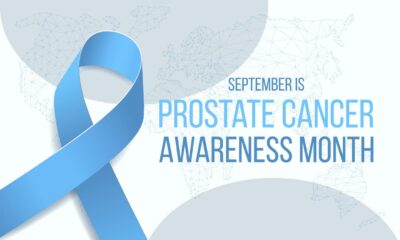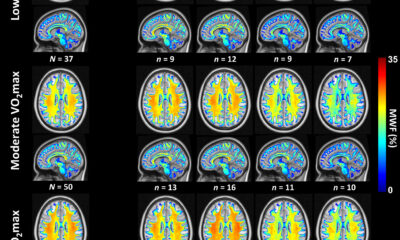Business
Doctors debunk common health myths of Filipinos

Doctors debunked common health myths at the Aug. 22 event held to discuss DECODE, a docuseries from private hospital group Metro Pacific Health (MPH) that aims to improve public health knowledge and encourage health-seeking behavior.
Myths are beliefs that are maintained through their retelling. A January 2022 study in the Journal of Public Health said these misunderstandings and inaccurate knowledge may arise because “in everyday life, people have limited time, cognitive resources, and/or motivation to understand complex scientific topics.”
“DECODE is our way of correcting the health myths that many Filipinos still believe,” said Jessica C. Abaya, Chief Commercial Officer of MPH.
“By addressing these misconceptions head-on, we want to provide our community with the knowledge they need to make informed health decisions,” she said at the Aug. 22 event.
One such misconception is that taking pre-exposure prophylaxis (or PrEP, a drug that can prevent HIV from taking hold in your body) is a license to engage in unsafe sex.
PrEP is 99.9% effective at preventing HIV, says Dr. Benjamin G. Co, a pediatrician, infectious disease expert and group head of the MPH.
“Just because you use PrEP, [however,] does not give you the license to spread all other diseases,” he told media attendees at the event.
“It’s not just HIV that you can spread. Mpox [formerly known as monkeypox] is one more,” he added.
Mpox is a contagious, non-airborne disease that spreads from skin to skin during sexual encounters and other intimate forms of skin contact.
The Ministry of Health confirmed two more cases of mpox on August 28, bringing the total number of cases to 14 since July 2022. Five of the 14 are active cases waiting for their symptoms to resolve.
Mpox cases 11 and 12 both admitted to having close, intimate and skin-to-skin contact with a sexual partner.
Breast cancer and heart disease, the leading causes of death in the Philippines, were among the other topics discussed during the roundtable.
Ischemic heart disease was the leading cause of death in the country from January to November 2023, accounting for 19% of the total number. Neoplasms, on the other hand, came in second at 10.7%, the Philippine Statistical Authority reported.
“The absence of symptoms does not equal the absence of disease,” said Dr. Saturnino P. Javier, co-CEO and President & Chief Medical Officer of Makati Medical City, at the same event.
For example, heart disease doesn’t just manifest itself with symptoms like chest pain.
“It can manifest itself in subtle ways, such as fatigue or shortness of breath. Less common symptoms can even include abdominal pain, back pain and vision problems,” he said.
“It is therefore crucial not to ignore any signs, no matter how small they seem, and to prioritize regular checks regardless of their physical appearance,” he added.
Early diagnosis is better, said Dr. Michelle M. Anlacan, chief of the dementia center at Cardinal Santos Medical Center.
Ms. Anlacan spoke about dementia, a group of diseases that affect the brain and affect a person’s ability to remember, think and make decisions.
“The most recent dementia medications are disease-modifying, but these are only for people with mild disease,” she said. For the later stages, the drugs are symptomatic.
Inculcating health-seeking behavior and health literacy should start at an early age, Dr. Co to the attendees of the round table conference.
“We need to promote health education so that we can empower people to make better lifestyle decisions,” he said.
Season two of DECODE is underway and the first episode dropped last April. – Patricia B. Mirasol
MPH and BusinessWorld Publishing Corporation are both part of the MVP Group of Companies.













